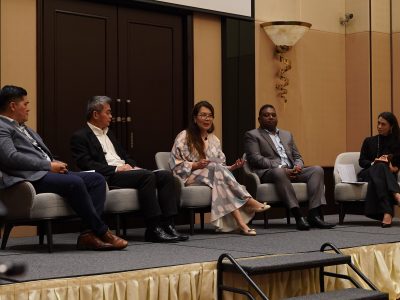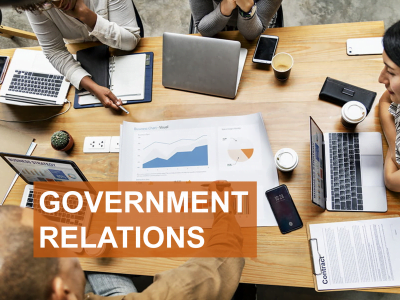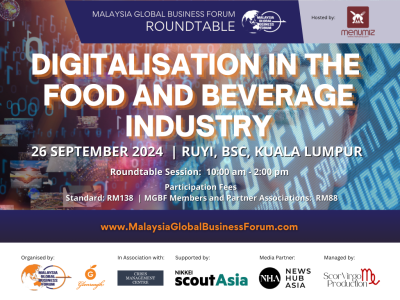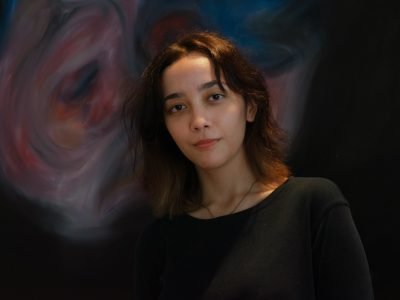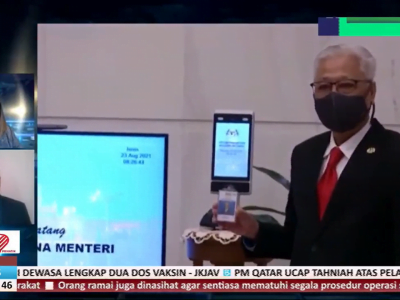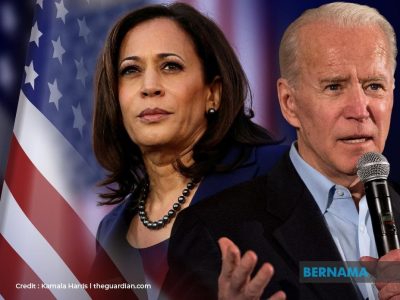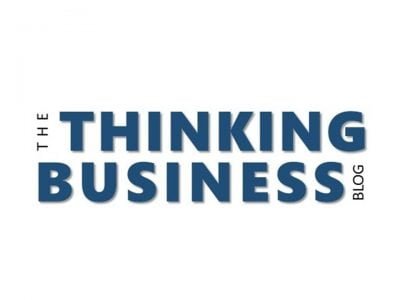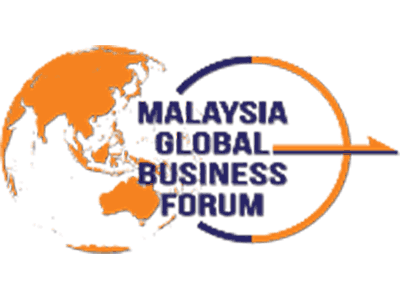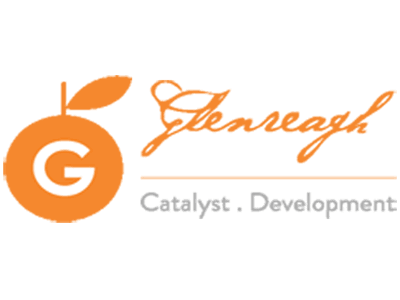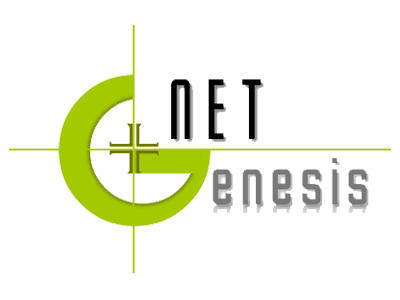WORLD ASSEMBLY OF YOUTH
INTERNATIONAL DAY OF EDUCATION: “EDUCATION FOR PEACE AND DEVELOPMENT”
Education plays a very crucial role in developing the creative thinking ability of young people and providing all the necessary skills and knowledge that are required to shape a competitive and productive individual. Generally, education helps young people to prepare themselves for challenges that they are going to face during adulthood and life.. It is a human right, a public good, and a civic responsibility. The world marks the first-ever International Day of Education today, which was proclaimed by the 73rdUnited Nations General Assembly, last year, in celebration of the role of education for peace and development.
The theme of this day is “Education for Peace and Development”. Education plays very important role in the eradication of poverty, illiteracy and providing livelihood through employment, developing skills, improving health and sanitation, economical and social development, high living standards, better hygiene and reduced crime rates. Education is a one stop remedy for many social issues. It is also the most important factor leading to the attainment of UN Sustainable Development Goals by 2030.
Without inclusive and equitable quality education and lifelong opportunities for all, countries will not succeed in achieving gender equality and breaking the cycle of poverty that is leaving millions of children, youth, and adults behind. Today, 262 million children and youth still do not attend school; 617 million children and adolescents cannot read and do basic math; less than 40 percent of girls in Sub-Saharan Africa complete lower secondary school and some four million children and youth refugees are out of school. Their right to education is being violated and it is unacceptable.
There are three types of education namely formal, non-formal, and informal education. Formal education is the hierarchically structured, sequential graded education system, running from primary school through the university. Non –formal education is classified as any structured educational activity outside the established formal system, whether operating separately or as important feature of some broader activity that is intended to serve identifiable learning clienteles and learning objectives. Informal education is a constant process whereby every individual acquires attitudes, values, skills, and knowledge from daily experience and the education influences and resources in his or her surroundings.
Good education unleashes potential but with the absence of it, many opportunities that young people would have benefited from will be forgone. Different stakeholders have been working towards having an educated population, with the youth being their main concern. Policies have been put in place to promote education and its benefits to young people. Also, various governments and private sector entities have sponsorship programmes that are aimed at helping the less fortunate to afford education. The media has also launched many educational programmes as a way to promote education among youth.
We, at the World Assembly of Youth (WAY), will take the necessary actions to ensure that all youth acquire knowledge and skills needed to promote sustainable development and address other youth issues. At our MPAC4, we aim to increase by 30 percent the number of youth who have relevant skills, including technical and vocational skills, for employment, decent jobs, and entrepreneurship. At the same time, we intent to ensure that all youth both men and women achieve literacy and numeracy. WAY has platforms that brings young people together of different age, race, background, and ethic group to interact and share ideas. It also strives to develop the youth by exposing them to an environment in which they get to realise their full potential and explore their untapped capabilities. Through such platforms they gain informal education where young people get to share ideas, peer to peer, while engaging in the decision making process.
Hence, WAY is calling on its member organisations to increase strategic policies commitment to education, as a force for inclusion driving the achievement of all the Sustainable Development Goals. As the world marks the very first International Education Day, WAY calls on governments and all stakeholders to make universal quality education a leading priority.
Services
STAKEHOLDER ENGAGEMENT
BUSINESS INTELLIGENCE
GOVERNMENT RELATIONS
BUSINESS & BROADER MARKET ACCESS
Upcoming Events
‘A WORKING LUNCH WITH NORDIN’: NATIONWIDE TOUR WITH TOYOTA
MGBF Roundtable: Digitalisation of the Food and Beverage Industry
THE SOUTH CHINA SEA: A THREAT OF DISRUPTION FOR BUSINESS?
FOOD SECURITY IN THE BREACH: INDUSTRIALISATION AND WEAPONISATION
MGBF In The News
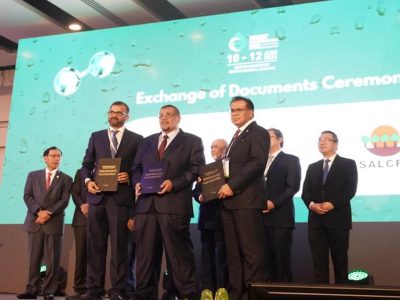
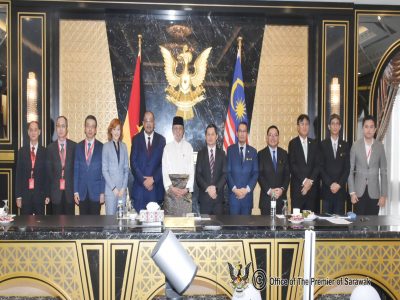
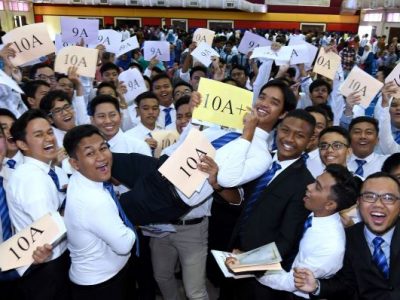
SPM and the Future of Data
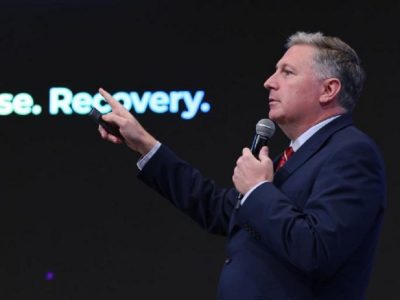
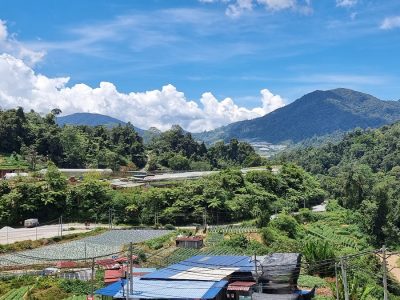

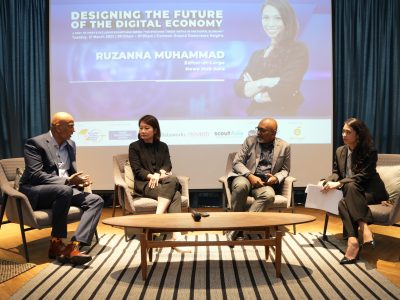
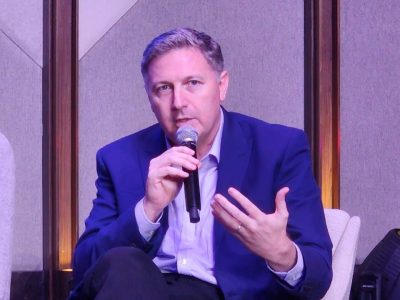
MGBF Roundtable to shape Malaysia’s future in the digital economy
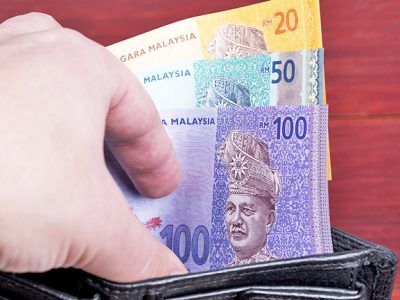
MGBF: Political stability to usher in new era for business
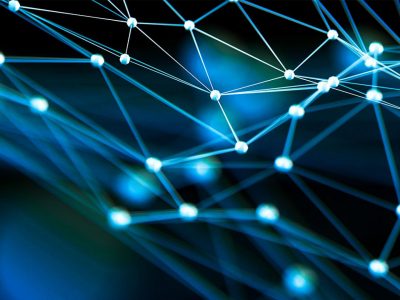
Death by a Thousand Algorithms

KSK Land recognised for investor attraction strategy

KSK Land set to drive further investment into Malaysia
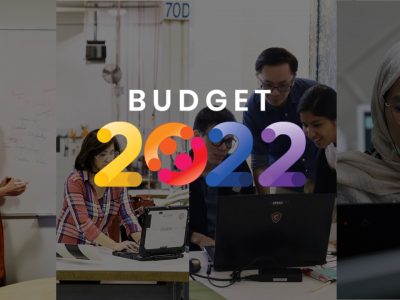
A Need for Strategic Calm
With Change Comes Opportunity


MALAYSIA GLOBAL BUSINESS FORUM TIES UP WITH SCOUTASIA
